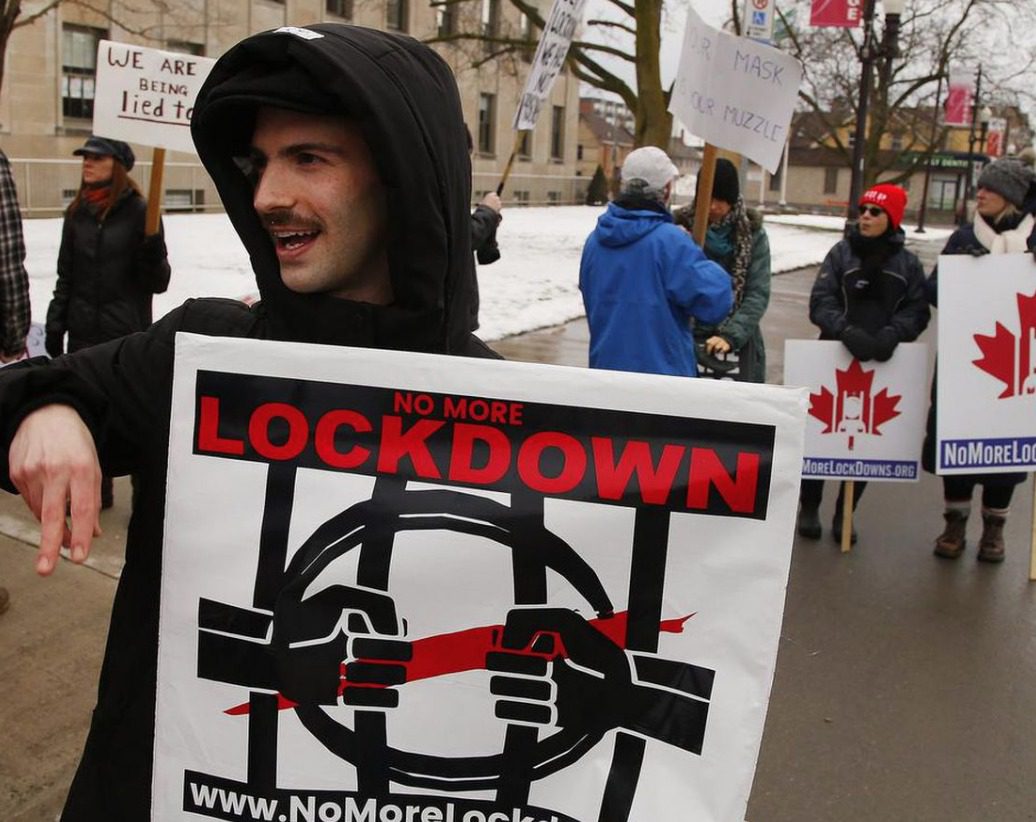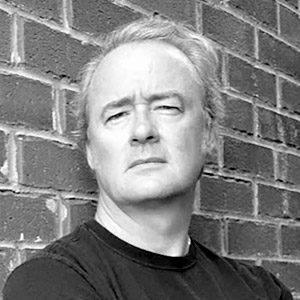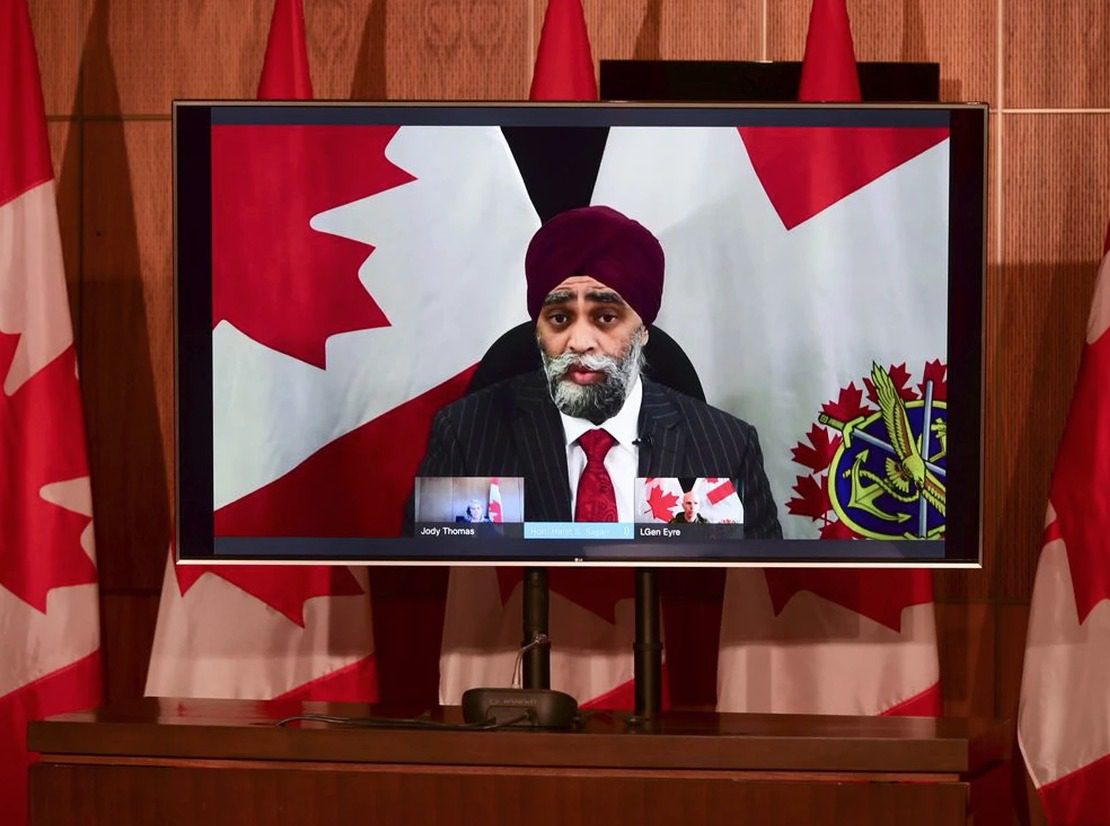What the Hell is going on?
With otherwise sensible and reasonable people, that is. As the pandemic grinds on leaving shattered lives, businesses and economies in its wake it was almost predictable that the lunatic fringe would try and take advantage of it. It's what they do.
So, in recent weeks, Randy Hillier and Derek Sloan and their loathsome ilk have gotten lots of free publicity. They've held anti-lockdown rallies maskless, natch and have gotten cited for breaking the law. Hillier, who was kicked out of Ontario's governing Progressive Conservative caucus by Premier Doug Ford, has now been charged for organizing separate anti-lockdown rallies in Kemptville and Aylmer, Ontario.
Hillier thinks he'll be acquitted. We'll see what the judge has to say about that, soon enough. But what about other citizens the ones who, unlike Hillier and his cabal, aren't red-necked, knuckle-dragging mouth breathers? What about the so-called progressives?
Well, they've been flouting the law, too. There's been well-attended parties in high rises in Vancouver, and well-attended gatherings in parks like Trinity Bellwoods in Toronto. The people who have defied the law, in those cases, aren't necessarily right-wing nutbars. Some, dare we say it, seem to be just regular NDP-voting folks.
So why is this happening?
Bob Maunder is the head of research at Mount Sinai Hospital's department of psychiatry. Among other things, he is an expert in how people react to pandemics. Almost a decade ago, he studied the impact of the SARS epidemic on people's collective psyches.
This week, the genial and soft-spoken doctor was asked why people on both sides of the ideological spectrum seem to be lashing out at pandemic lockdowns and laws.
"There's a lot of burnout," said Maunder in a telephone interview. "We've been in something that's been going on for months in Canada. It has been frightening and then confusing and then full of all kinds of limitations on people's normal lives."
All of that, says Maunder along with lost lives, lost incomes, lost connections to each other has led to a kind of political loss, too.
"They are losing faith in leadership," says Maunder. "There's disconnection, cynicism, fatigue."
With a highly-efficient virus, that disconnection can be (and has been) lethal. A mask, as irritating as it can be, can also save your life, or that of a loved one.
So what should our leaders be doing, Dr. Maunder is asked. How can we get back citizens Joe and Jane Frontporch, the regular folks who are drifting away from political leaders who, love or hate 'em, are the only leaders we've got?
Says the good doctor: "If I were advising those leaders, which I definitely am not, I'd say: Listen to the experts. Have some humility. Try and be [empathetic] with people. Don't be partisan."
He continues: "We see it with vaccine hesitancy. What works, there, is a family doctor who takes a person's concerns seriously. They have real conversations and listen. We need to use that kind of relationship of trust to get them through it."
But will we get through it? Or will the loud ones the Randy Hillier on the Right, and the Trinity Bellwoods partiers on the Left win the day?
Concludes Dr. Bob Maunder: "I feel hopeful we can…[but] vaccines need to roll out. This thing needs to actually go away. People have to able to reform their lives. And, over time, we will get people back."
"Hopefully."
Photo Credit: Peterborough Examiner
[Kinsella was Chief of Staff to a federal Liberal Minister of Health.]








